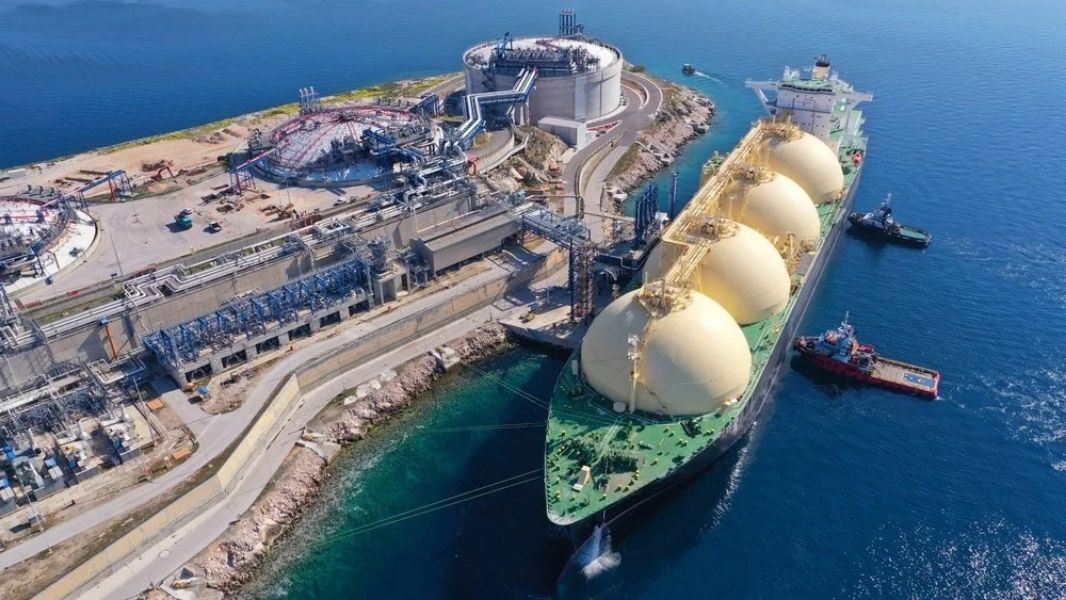
-
Published: 23 October 2023

The escalation of the war in Gaza may lead to more pressure on global oil and gas supplies,
which were disrupted earlier due to the Russian-Ukrainian war, as oil prices rose relatively
slightly as a result of the conflict that broke out in the Middle East between Hamas and
Israel, Brent crude jumped about 10 percent, and its American counterpart crude about nine
percent, and prices are about 90 dollars per barrel .
Edited by| Paul Mitchel
Economic section - CJ journalist
World - October,23,2023
"Israel is not an oil producer and there is no major international oil infrastructure near the Gaza Strip, but investors are still waiting," said UniCredit Bank analyst Eduardo Campanella.
For his part, Stephen Innes, an analyst at SPI am, explained that "investors ’awareness of the
risks inherent in the Middle East for global supplies makes them cautious," noting that "one
of the main risks for the energy market concerns the possibility of direct intervention by
Iran, a supporter of Hamas and a sworn enemy of Israel.
Campanella noted that even if Tehran stays away from the conflict, the West may decide to
tighten sanctions on it or simply apply existing sanctions more effectively," noting that
Tehran may respond by closing the Strait of Hormuz, one of the most important oil transit
points in the world.
The daily flow of oil is more than 17 million barrels, according to the company "SEB
research", or 30 percent of the total oil transported by sea.
Campanella said that only Saudi Arabia and the UAE have pipelines to ship crude oil out of
the Gulf, without passing through the Strait of Hormuz.
Analysts point to previous oil shocks, the first 50 years ago following the embargo imposed
by OPEC on Israel's allies in the midst of the 1973 war, and then the second shock in 1979
following the Iranian revolution, as crude oil prices jumped within a few months, weakening
advanced economies.
In mid-October, the price of gas through the Dutch gas contracts trading platform (TTF), the
European natural gas index, increased by a third compared to what it was before the war in
Gaza on the seventh of this month.
For Stephen Innes, the war "seriously threatens the regional natural gas market and could
have an impact on LNG supplies".
"Although European stocks are almost full, they are not enough to get through the winter if all imports stop," said UBS analyst Giovanni stonovo.
Meanwhile, the American giant Chevron has stopped its activities at the "Tamar" platform
off the Israeli coast, on instructions from the country's authorities.
This field represents "about 1.5 percent of the world's LNG supply" and mainly supplies the
domestic market.
The consequences will be even more alarming if the "Leviathan", the largest gas field in
Israel, is closed, according to analysts, pointing to the rise in prices at the beginning of the
war in Ukraine, to 345 euros per megawatt-hour, which is a record.
